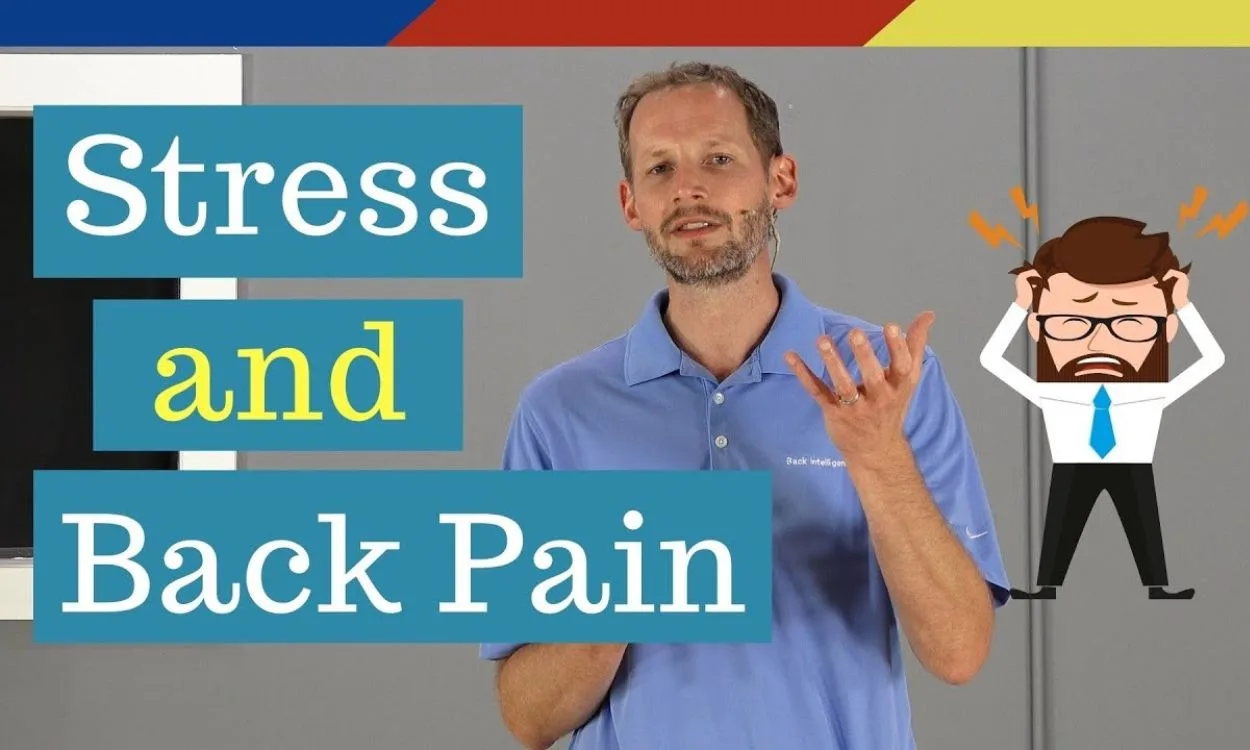What are the Effects of Chronic Stress on Back Pain?
Introduction
Back pain is a common health issue that affects a significant portion of the population. While there can be various causes of back pain, one factor that is often overlooked is chronic stress. Chronic stress, which is long-term and persistent stress, can have a detrimental effect on both physical and mental health. In this article, we will explore the effects of chronic stress on back pain and discuss how managing stress can help alleviate and prevent this condition.
Effects of Chronic Stress on Back Pain
- Muscle Tension: Chronic stress can lead to increased muscle tension throughout the body, including the muscles in the back. When stress hormones are released, the muscles naturally become tense as a part of the body’s fight-or-flight response. Prolonged muscle tension can result in muscle stiffness and pain in the back.
- Poor Posture: Stress can cause individuals to adopt poor posture, such as slouching or hunching over. This incorrect alignment of the spine can put additional strain on the muscles, ligaments, and discs in the back, leading to pain and discomfort.
- Reduced Blood Circulation: Stress can constrict blood vessels and reduce blood flow. This decreased circulation can deprive the back muscles and tissues of essential nutrients and oxygen, impairing their ability to repair and heal. As a result, back pain may worsen or persist.
- Inflammation: Chronic stress can trigger an inflammatory response in the body. Inflammation is the body’s natural defense mechanism against injury or infection, but when it becomes chronic, it can contribute to the development or exacerbation of back pain.
- Weakened Immune System: Prolonged stress can weaken the immune system, making individuals more susceptible to infections and illnesses. If back pain is caused by an underlying condition, such as a herniated disc or arthritis, a weakened immune system can hinder the body’s ability to fight off these issues effectively.
- Emotional Factors: Chronic stress can also have negative emotional effects, such as anxiety and depression. These emotional factors can contribute to the perception of pain and make back pain feel more intense and debilitating.
Managing Chronic Stress to Alleviate Back Pain
- Practice Stress-Relief Techniques: Engaging in stress-relief techniques, such as deep breathing exercises, meditation, yoga, or tai chi, can help reduce overall stress levels and promote relaxation. These techniques can also alleviate tension in the back muscles and provide relief from back pain.
- Regular Exercise: Physical activity, particularly exercises that strengthen the core and back muscles, can help improve posture, reduce muscle tension, and enhance overall flexibility. Regular exercise also releases endorphins, the body’s natural painkillers, which can help alleviate back pain.
- Maintain a Healthy Lifestyle: Adopting a healthy lifestyle, including eating a balanced diet, getting enough sleep, and reducing the consumption of alcohol and tobacco, can improve overall well-being and help manage stress more effectively.
- Seek Professional Help: If chronic stress and back pain persist despite self-help measures, it is essential to seek professional help. A healthcare provider, such as a doctor or physiotherapist, can assess the situation, provide appropriate treatment, and offer guidance on managing stress and preventing back pain.
Introducing Fitpaa: Your Comprehensive Health and Fitness Solution
We understand that chronic stress can have a significant impact on overall health, including back pain. That’s why we have developed Fitpaa, an end-to-end AI-driven health and fitness app designed to help individuals achieve their health and fitness goals. Fitpaa offers a comprehensive solution that combines the latest research in lifestyle medicine, behavioral therapy, and technology to optimize metabolism and support overall well-being.
With Fitpaa, you can:
- Take a Metabolism Assessment: Identify the root cause of your health condition by assessing your current metabolism. Fitpaa’s Medical Nutrition Therapy (MNT) specialists will consider every aspect of your life to perform a personalized metabolism assessment.
- Get your Fitpaa Capsule: After the metabolism assessment, consult with our expert team of fitness coaches, nutritionists, and doctors to receive your personalized Fitpaa Capsule. This capsule incorporates medical therapy, exercise therapy, nutrition therapy, and cognitive behavior therapy to optimize metabolism, burn unhealthy fat, and gain vital nutrients.
- Follow Your Fitpaa Capsule: The Fitpaa app provides real-time guidance, habit-building techniques, and a virtual workout trainer to help you follow your Fitpaa Capsule effectively. Your progress will be regularly reviewed by our team of experts to ensure you stay on track towards your health and fitness goals.
Conclusion:
Chronic stress can have a profound impact on back pain, exacerbating symptoms and hindering recovery. By managing stress effectively through stress-relief techniques, regular exercise, and maintaining a healthy lifestyle, individuals can alleviate and prevent back pain. Fitpaa offers a comprehensive solution to support individuals in achieving their health and fitness goals, including addressing the effects of chronic stress on back pain. Download the Fitpaa app today and experience the joy of achieving your health and fitness goals with guaranteed results. Your well-being is our mission!









